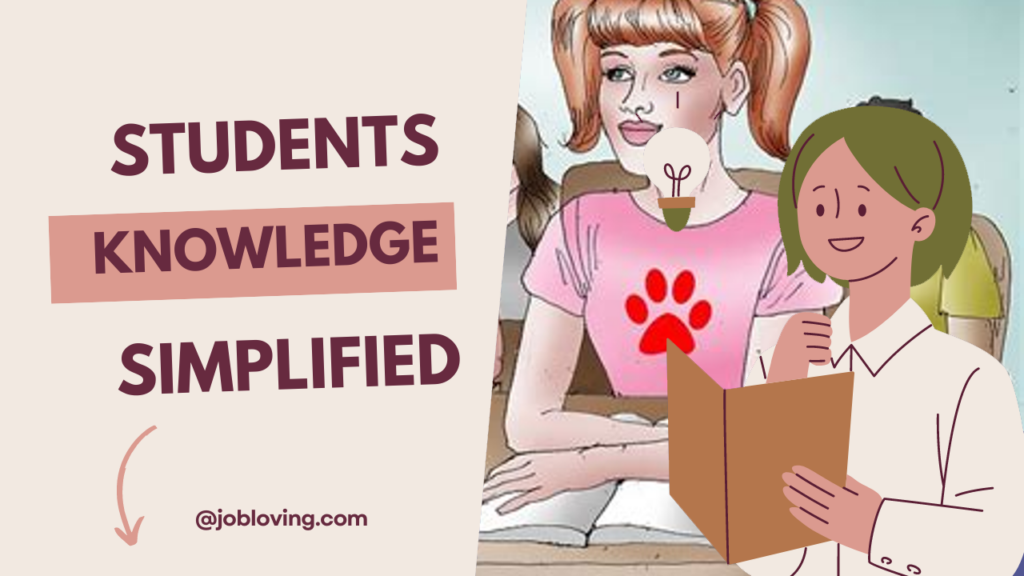What Happens If a Student Dates a Professor?
When romantic sparks fly in the hallowed halls of academia, the implications can be complicated. Picture this: you’re a curious student, drawn to a professor who captivates not just with their expertise, but also with an enigmatic charm. Romance may be the sweetest of brews, but dating a professor can be a recipe for disaster. Let’s dissect what happens when personal desires collide with professional responsibilities.
The Landscape of Ethics and Power Dynamics
First and foremost, a vital characteristic of relationships between students and professors is the inescapable power imbalance. Professors hold significant authority in student grades, recommendations, and even career opportunities. Engaging romantically with a professor often escalates ethical concerns, especially since consent in such relationships can be murky due to these power dynamics.
Most universities have strict codes of conduct specifically aimed at preventing any potential improprieties. Dating a professor can create situations that might be construed as favoritism, especially when the relationship occurs while the student is still enrolled in the class. Favoritism can breed resentment among fellow students. Imagine how uncomfortable it could be if your peers are whispering behind your back, fueled by the perception that you’ve gained unfair advantages!
When Relationships Flower: Risks Abound
The belief in love conquering all is one thing, but facing the reality of repercussions can be quite another. Here are some potential hazards of dating a professor while being their student:
- Job Security: Even tenured professors are not immune to sanctions for dating students. They risk losing their jobs—or facing forced retirement—if the relationship comes to light, especially if it violates university policy.
- Reputation Damage: The aftermath of such unions can tarnish a faculty member’s reputation, raising eyebrows and inviting skepticism about their professional judgment and fairness.
- Conflicts of Interest: Any personal relationship can cloud academic evaluations. Can grades be trusted? Such doubts can strain both student and teacher.
- Administrative Scrutiny: Even if there’s no outright ban on these relationships, faculty members engaging in them may find themselves under the microscope, facing reviews and potential repercussions.
- Emotional Ramifications: A romantic relationship’s emotional fallout can impact a student’s academic career. If it ends badly, can you continue to face that professor in class? Not likely.
Should things go south, students often bear the emotional brunt due to the complicated nature of their trust and admiration toward faculty.
What About Discreet Relationships?
Occasionally, need for discretion gives rise to clandestine romances. Some professors and students do navigate these waters, especially in cases where there is no academic authority directly involved. This raises an interesting question: is secrecy a viable solution?
Many have their own moral compasses that guide their actions here. While some universities may turn a blind eye, underlying ethical concerns remain. After all, students may still feel perceived pressure if the relationship becomes known, ultimately jeopardizing both parties’ integrity.
Dating Former Students: The Other Side of the Coin
Relationships transition in fascinating ways when the student is no longer enrolled. While dating a former student may attract less scrutiny, ethical dilemmas remain. Even outside the faculty’s direct supervision, questions of authority and previous power dynamics can complicate perceptions. Claims of pressure can still arise, affecting both reputations and relationships moving forward.
Universities may allow relationships with former students—yet the potential for judgment persists. It’s the what ifs that hang like a cloud, whispering doubts of ulterior motives and manipulation.
Broader Implications for Universities
The student-professor romance saga holds significance beyond individual relationships. University policies and reputations can be impacted by how they handle such unions. More institutions are considering harm reduction in their ethics protocols to prevent future complications arising from inappropriate relationships.
Some universities have enacted comprehensive policies, outright prohibiting any romantic entanglements between faculty and students. For instance, Princeton University stands out with its staunch prohibition of all relationships between students and faculty. Others, however, might pressure their policies—a response to societal shifts and changing norms.
When Love Crosses the Line: Legal Consequences
Even a seemingly innocuous relationship can lead to legal consequences for faculty. Harassment claims, whether valid or exaggerated, can emerge as complications from a romantic union between faculty and students. Legal implications can turn a romantic dalliance into a career-ending affair, casting a shadow on both parties.
Thus, stakeholders in academia advocate for clearly defined policies and guidelines concerning relationships while emphasizing the importance of maintaining professional boundaries.
Advice from the Academics
Most professors advise against pursuing relationships with students, highlighting the need to prioritize academic integrity and professional boundaries.
- Professionalism: The classroom serves as a nexus for learning, not romance. Maintaining clear boundaries preserves both realms.
- Reputation Management: Professors risk their careers through questionable relationships, taking on profound responsibilities to uphold ethical standards.
- Autonomy vs. Ethics: While some argue for student autonomy, it’s crucial to weigh personal desires against broader ethical concerns and ramifications.
Recommendation: Step with Caution
In conclusion, intermingling romance and academia carries necessary caution, if not outright avoidance. Those considering dating a professor must navigate a labyrinth of ethical concerns, personal consequences, and potential repercussions on their academic careers.
While charming and thrilling, the allure of dating a professor is often fraught with complexities that can overshadow any romantic bliss. Ultimately, the hierarchy of academia often dictates boundaries that should not be crossed, emphasizing the fundamental importance of trust and responsibility in an educational environment.
One wrong step can lead you down a path from the dream of love to the nightmare of professional scrutiny. Engaging in romantic relationships within academic settings can prove to be exciting—but the potential pitfalls make it a journey best approached with caution. So, before diving into that whirlwind of romance: think thrice!

